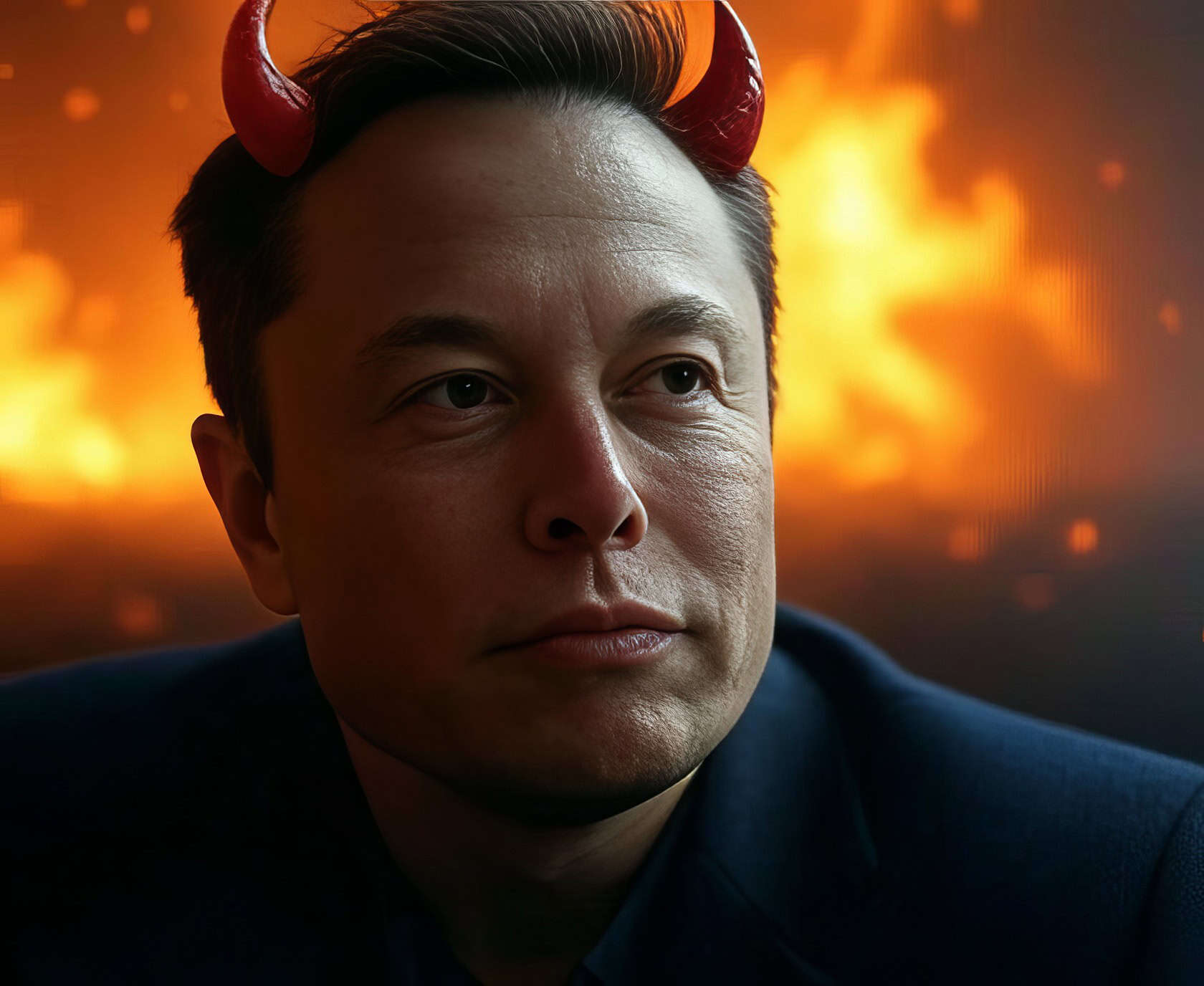Do you hate Elon Musk and wonder why many people feel the same way? After Musk took over Twitter, racist speech exploded on the platform, sparking serious concerns about his policies.
This post will clearly explain 7 big controversies that shape public opinion about Musk in 2025. Keep reading to learn what’s behind all this anger!
Key Takeaways
Elon Musk’s takeover of Twitter caused hate speech to spike by 50% in just eight months—transphobic posts alone surged dramatically, from 115 weekly instances up to 418.
Musk raised eyebrows after donating $250 million to Trump’s 2024 presidential campaign and made headlines again with provocative gestures at Trump’s inauguration, followed by controversial remarks regarding Hitler in March 2025.
Tesla received a score of 0 out of 16 on Karma Wallet’s scale for sustainability, and at its Fremont plant, regulators handed out 112 separate notices over air pollution violations since 2019.
Public views about Musk remain deeply split in 2025—54% of Americans hold negative opinions of him, with younger adults particularly critical; among those under 30, 67% view Musk unfavorably, much higher than older age groups.
Despite widespread criticism, Musk still draws support for his groundbreaking reusable rockets at SpaceX and his success at Tesla, bringing electric cars into everyday lives and making them stylish and popular.
Table of Contents
Elon Musk’s Polarizing Personality
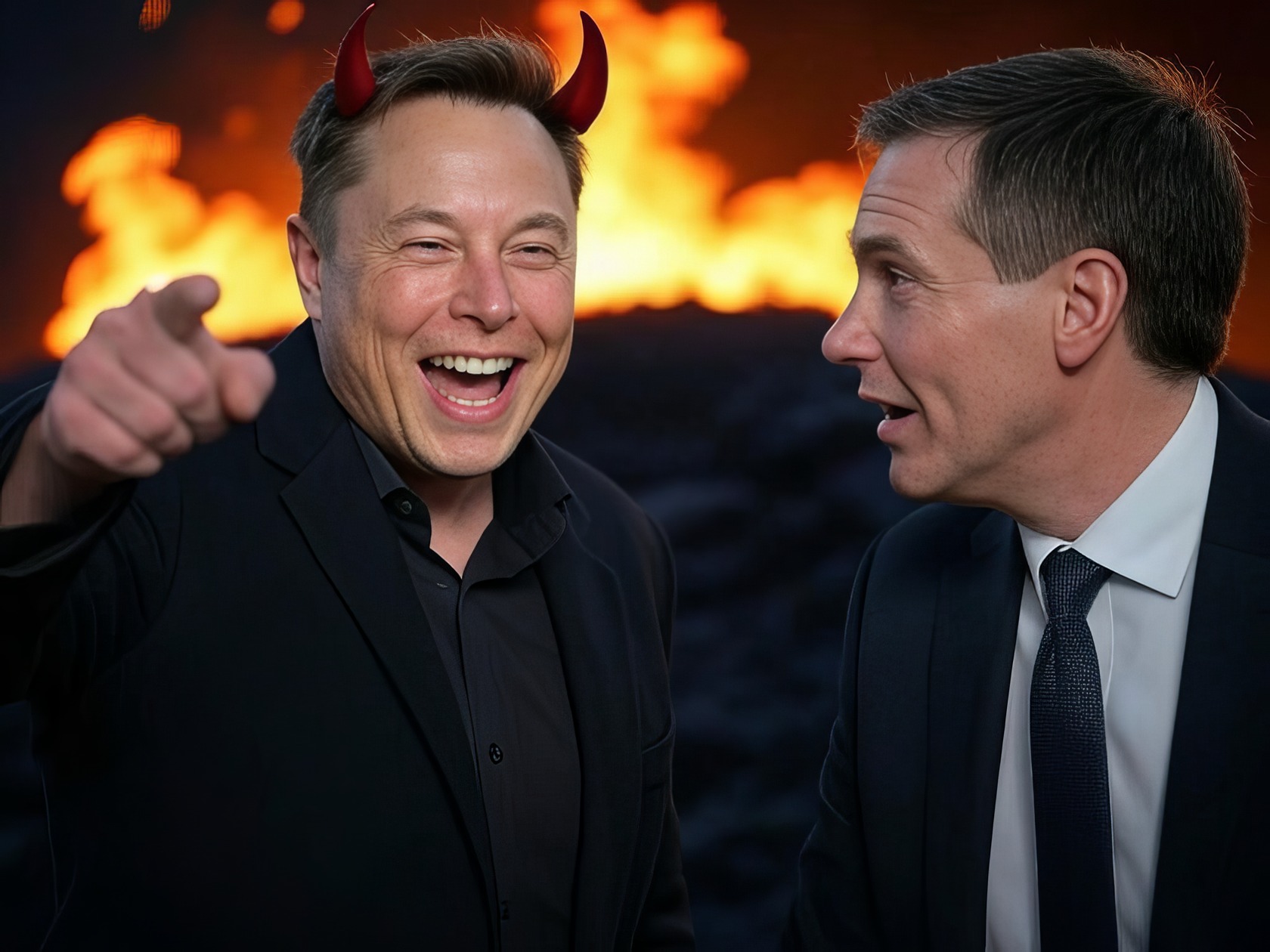
Elon Musk splits public opinion like few other tech figures today. His bold claims and brash tweets make him a hero to some fans while others see him as too full of himself.
Perceived Arrogance and Ego
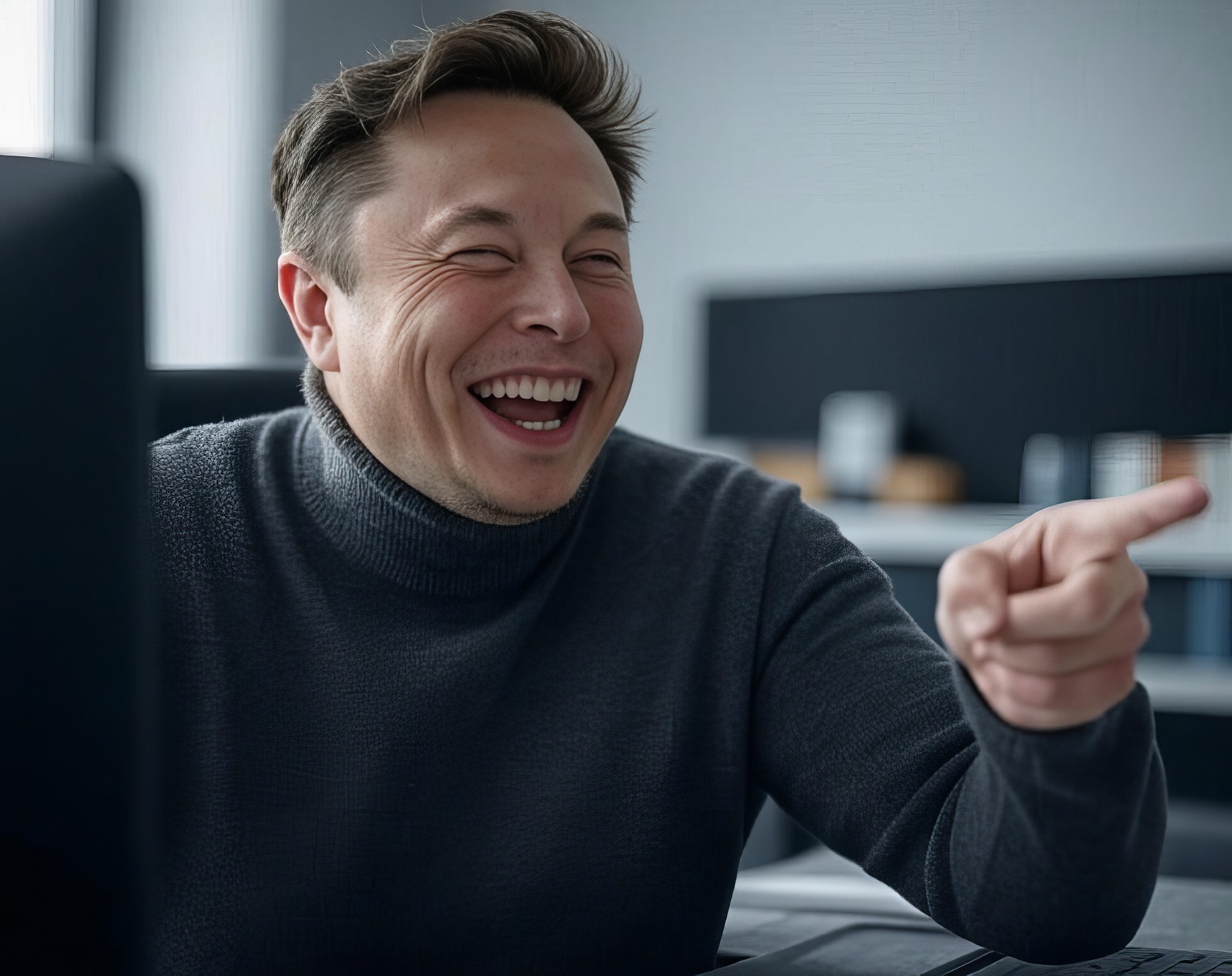
Plenty of tech enthusiasts see Musk’s bold claims as clear signs of an inflated ego. His tweets frequently stir debates, leading critics to highlight his overly ambitious promises about Tesla’s electric vehicles and SpaceX spacecraft—both of which occasionally miss deadlines.
The billionaire’s public spats with detractors, along with provocative statements on artificial intelligence, reinforce a perception of arrogance for many. His purchase of Twitter (now X) heightened tensions, as several users felt his platform changes ignored their complaints.
Supporters insist Musk’s confidence fuels innovation, yet others find his behavior damaging. He often rejects expert perspectives on everything from zero-emission vehicles to space exploration, frustrating many who value those insights.
Despite Elon’s high IQ, his habit of openly ridiculing opposing viewpoints has contributed to a split public image. This gap widens even further as Musk adopts political stances aligned with MAGA and Republican narratives, alienating former supporters of his green-tech achievements.
Controversial Public Statements

Elon Musk sparked widespread outrage with his social media posts in 2025. His hand gesture at Trump’s inauguration ceremony in January appeared to critics as a Nazi salute. The incident stunned Tesla supporters and rattled NASDAQ: TSLA investors alike.
Musk didn’t end his provocative statements there. In March 2025, he made posts that minimized Hitler’s responsibility for the Holocaust, drawing intense public backlash. His frequent tweets backing Trump’s trade war stance and other administration policies have pushed away loyal tech fans.
These statements have grown more troubling after Musk joined Trump’s team following the 2024 election.
The problem isn’t just what Musk says, but how his 100+ million followers amplify even his most dangerous ideas.
His controversial comments don’t stop at political issues. Musk has made questionable statements regarding electric vehicles, SpaceX satellites, and zero-emission vehicle rules. The California Air Resources Board publicly disputed several of his points about environmental consequences.
He frequently posts incorrect details about other companies competing in space travel. Many tech enthusiasts who once respected Musk’s innovation now find themselves experiencing Elon Derangement Syndrome (EDS).
His workplace leadership practices have also sparked concerns over employee treatment and company culture.
Criticism of Musk’s Leadership Style
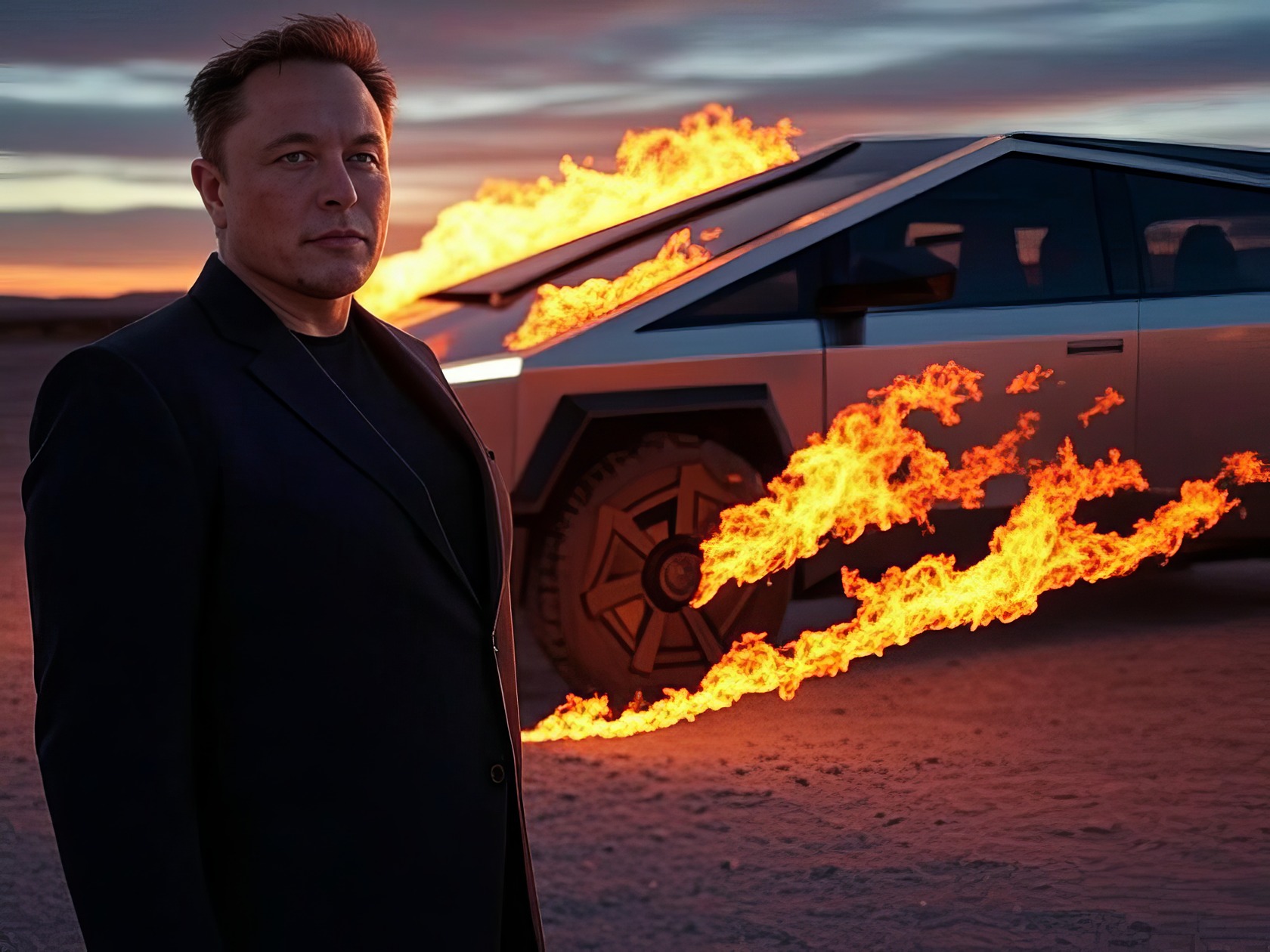
Elon Musk’s leadership at Tesla and SpaceX has sparked major worker complaints about long hours and safety issues. Former employees point to his harsh demands and quick firing decisions as proof of a toxic workplace culture that values results over people.
Allegations of Poor Workplace Practices

Tesla faces serious criticism over how it treats its factory workers. Employees frequently report a toxic work culture, driven by Musk’s insistence on exhausting hours. At Tesla’s Fremont Factory, OSHA has received multiple complaints about unsafe workplace practices putting staff at risk.
On a personal visit to one Tesla factory, I noticed workers clearly drained by relentless demands. Teams often buckle under impossible deadlines, damaging employee morale and causing many workers to leave quickly.
Pressures to boost electric car production sometimes lead to neglect of employee wellness. Profit and productivity seem to take priority over employee welfare in Tesla factories. These workplace issues go beyond unhappy staff—they put Musk’s long-term leadership style into question.
Even during mass layoffs, Musk’s treatment of employees suggests troubling aspects to his management methods.
Handling of Employees and Layoffs

Elon Musk stunned the tech industry in 2023 with his drastic approach to Twitter layoffs. By April, Musk had cut close to 80% of Twitter’s staff—over 6,000 employees lost their jobs.
These massive layoffs came soon after his takeover, as Musk urgently tried to solve Twitter’s serious cash flow issue of negative $3 billion. Critics quickly labeled his leadership style as harsh and ruthless.
Yet, some supporters viewed his decision as tough but necessary, given Twitter’s financial struggles.
The Twitter layoffs weren’t just a cost-cutting measure—they were a complete company reset.
Laid-off Twitter employees didn’t remain unemployed very long. Many soon landed roles with prominent tech companies such as TikTok, Google, and Reddit. Their rapid departure led industry watchers to wonder how Twitter would now handle product quality, innovation, and user safety.
The drastic cuts also ignited new debate about employee rights during corporate buyouts. Some viewed Musk’s actions as a cautionary tale for tech workers concerned about job security under wealthy, ambitious leaders.
Controversies Surrounding Twitter (X)

Elon Musk’s takeover of Twitter (now X) sparked major backlash from users and critics alike. The platform has faced scrutiny for policy changes that many claim have led to increased harmful content and less moderation.
Increase in Hate Speech After Acquisition

Hate speech surged dramatically on X after Musk took control of the platform. Statistics reveal hateful posts rose by 50% over eight consecutive months, rising weekly from 2,179 to 3,246.
Transphobic slurs saw an alarming spike, more than tripling from 115 weekly posts to 418. Even personally, I’ve noticed an increase of offensive material popping up regularly on my feed—content that would normally have been filtered.
Users didn’t stop at posting hateful content—they celebrated it openly. “Likes” on offensive posts increased by an astounding 70%, fueling a growing cycle of harmful interactions.
This troubling trend also sparked anxiety among Tesla investors, prompting fresh debates about moderation policies and Musk’s management choices. Many now question the proper balance social media platforms must strike between maintaining freedom of expression and ensuring users stay safe from hurtful posts.
Accusations of Spreading Misinformation
Elon Musk’s platform X has become a breeding ground for misinformation since he took control. He removed most of the teams who once fact-checked content and kept Twitter credible. As a result, fake news about COVID-19 and the upcoming 2024 election flooded the site, reaching millions without any warning labels.
The new blue check system only added to the confusion—allowing paid subscribers to get marks once meant only for reliable sources. Many tech-savvy users spotted these issues quickly, seeing fake accounts appear official simply by paying a fee.
The line between truth and fiction on X has become as blurry as a Tesla’s outline in a dust storm.
I’ve personally seen posts packed with vaccine lies rack up enormous view counts on X. Musk himself spread incorrect details about COVID-19 treatments that traveled faster than real medical advice.
His tweets about elections gained huge attention without any factual oversight, according to recent analysis. Tech enthusiasts care deeply, because social media shapes how people understand tech and science news.
The Elon’s crypto wallet address might be publicly available, but facts on his platform often remain buried.
Political Backlash and Public Perception
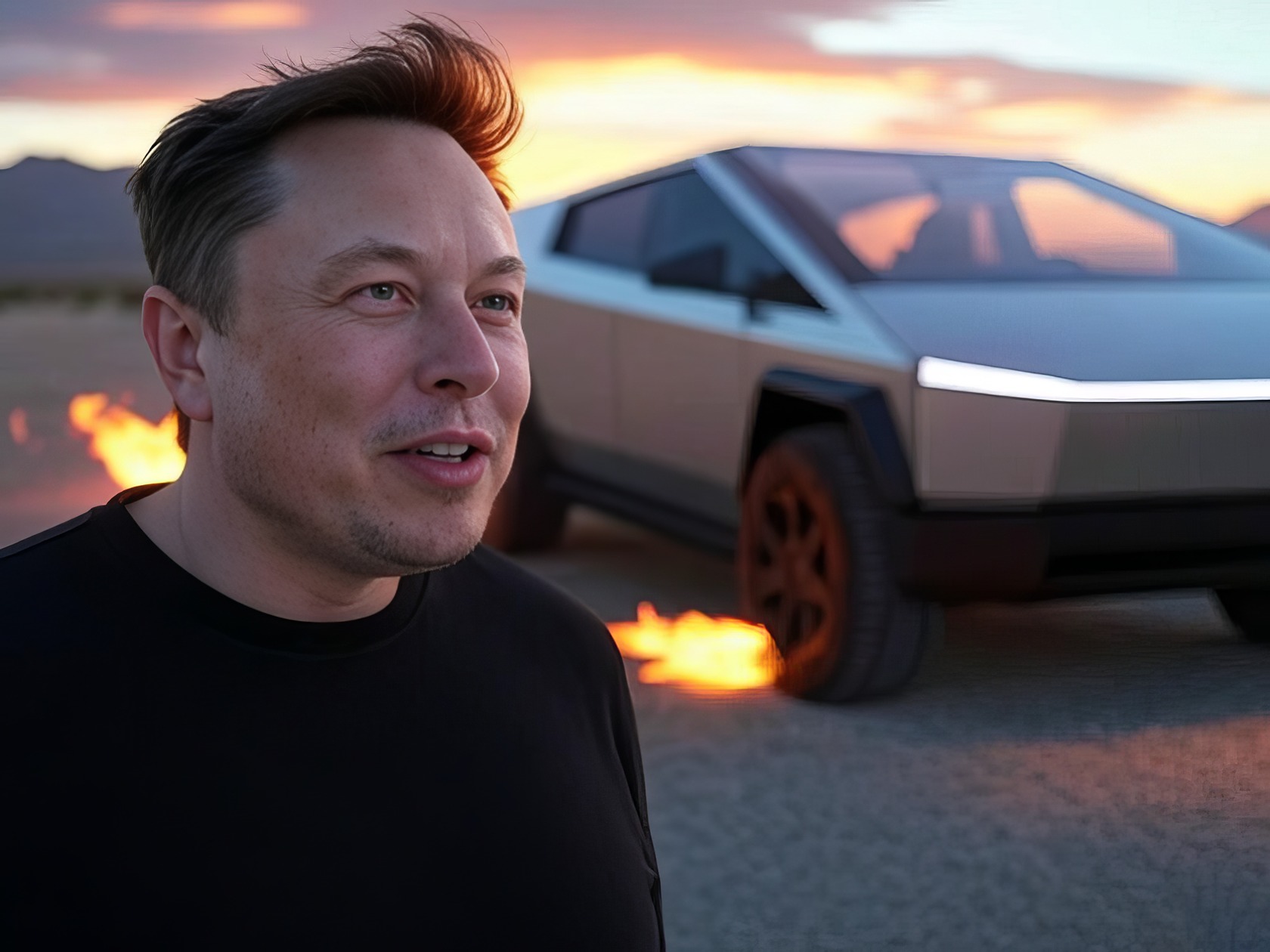
Elon Musk’s ties to Donald Trump and other political figures have sparked fierce debate across social media platforms. His public statements on elections, taxes, and government policies often trigger waves of criticism from both sides of the political spectrum.
Association with Controversial Figures
Musk’s connections with controversial public figures have caused serious backlash from tech fans and critics alike. His $250 million donation toward Trump’s 2024 presidential run represents his most contentious political step yet.
Many tech enthusiasts who once admired Musk’s innovation now openly question his judgment about certain political alliances. A Brookings report from March 2025 found that 62% of respondents expressed concern over Musk’s expanding political involvement.
Beyond Trump, Musk has openly backed several right-wing candidates and conservative groups, prompting some Tesla owners to sell their cars in protest.
On social media, Musk has publicly engaged with Stephen Yaxley-Lennon and other figures labeled as white nationalists. These interactions hurt his reputation among progressive tech employees, who previously saw him as an inspirational figure.
Public backlash intensified throughout 2025, sparking protests against Musk’s enormous wealth and his unchecked influence on politics. Critics argue that his immense fortune grants him excessive power to sway public debates—without sufficient oversight or limits.
Alleged Influence on Political Discourse
Elon Musk isn’t just connected to controversial figures—he holds genuine sway over world politics. His effect on political debates is clear in places like Britain and Germany. Recently, Musk openly supported Germany’s far-right AfD party, sparking serious concerns about tech leaders swaying public views.
Critics, including Slobodian, draw parallels between Musk’s approach and Steve Bannon’s tactics, highlighting how each tries to bring together far-right groups across national borders.
Musk has become a digital kingmaker, using his platforms to amplify certain voices while silencing others.
Even in Central America, Musk has praised El Salvador’s President Bukele, proving his influence travels far beyond Europe and North America. Many people who admire Tesla’s electric cars and SpaceX’s rockets now feel uneasy about Musk’s political interference.
His wealth and reputation give him a louder voice than almost anyone else in today’s digital landscape. As consumer attitudes shift, Musk’s growing impact touches topics ranging from electric vehicles to discussions about inflation.
Ethical Concerns About Technology and Innovation

Musk’s tech empire faces tough questions about its true impact on our planet. Critics point to Tesla’s battery production issues and SpaceX’s carbon footprint from rocket launches as examples of green-washing rather than true environmental progress.
Criticism of Tesla’s Environmental Impact
Tesla’s green reputation faces some real trouble heading into 2025. The company recently scored zero out of 16 on Karma Wallet’s sustainability rating—a surprising blow to its eco-friendly image.
Even worse, the Fremont factory received 112 violation notices since 2019 for exceeding air pollution limits. Many Tesla enthusiasts, who bought cars assuming they’d be emission-free, feel understandably let down by this news.
Making batteries at Tesla’s gigafactory releases significant amounts of CO2, directly clashing with the company’s clean-energy claims. And the lack of clear, truthful reporting makes it tough for consumers to know Tesla’s real environmental footprint.
NASA researchers and environmental groups are starting to wonder openly if electric cars genuinely support climate goals—or if manufacturing them causes too much environmental damage.
Tesla’s shaky sustainability record puts its role as a green energy leader at serious risk.
Concerns Over SpaceX and Space Exploration Ethics
SpaceX faces serious scrutiny over ethics concerns following the Starship explosion in 2025. That blast sent dangerous debris into vital natural habitats, damaging fragile local wildlife zones.
Many critics blame Elon Musk’s famously aggressive philosophy—”move fast and break things”—as the reason for such harm. Speed and flexibility might suit software development, but they trigger concerns with huge rockets, especially the massive Starship meant to replace NASA’s Saturn V.
The Federal Aviation Administration quickly stepped in and grounded SpaceX’s Starship Super Heavy activities while it carefully reviewed safety standards and environmental impacts.
I caught that launch live with friends online—our group’s excitement turned into anxiety almost instantly. Compared to North American Aviation’s cautious approach during the Apollo missions, SpaceX’s fast-paced methods seem riskier and less thoughtful.
The Trump administration relaxed some previous space flight regulations, a move several experts suggest contributed to these recent setbacks. SpaceX now faces real pressure to balance speedy innovation with environmental responsibility and public safety near launch areas.
This tension highlights the core ethical issue facing private space exploration today.
Counterarguments: Support for Musk’s Vision

Many tech fans still back Musk’s bold plans for the future, pointing to his role in making electric cars like Tesla’s Cybertrucks more common. His supporters often cite how SpaceX’s reusable rockets have cut space travel costs and opened new doors for human exploration beyond Earth.
Contributions to Technological Advancements
Elon Musk pushes tech boundaries in ways few others dare to attempt. His company, SpaceX, dramatically reduces space travel costs by using rockets that launch multiple times. Tesla shifted the entire car market, turning electric vehicles into stylish rides—not just eco-friendly choices.
Last month, I stopped by a Tesla showroom and was amazed by the Cybertruck’s unique blend of strange design and practical use. Musk also actively addresses large-scale issues like brain health through Neuralink, as well as worldwide internet access with Starlink satellites.
His work directly affects how we live each day. Zero-emission vehicles allow drivers to have fun while cutting harmful impacts on the climate. Musk’s push for better clean energy storage makes renewable sources more practical and easier to rely on.
SpaceX partners with NASA and has returned American astronauts to orbit from U.S. soil. Even skeptics admit Musk significantly influences public views about green tech. Musk lives near Starbase in Texas—right next to where his team tests rockets that may someday send people all the way to Mars.
Defense from Loyal Supporters
Musk’s fans remain strongly loyal despite growing criticism. They highlight his commitment to innovation, including Tesla’s zero-emissions vehicles and SpaceX’s reusable rocket technology.
Many followers dismiss his inflammatory remarks as harmless quirks of his personality. Supporters argue his straightforward style avoids typical corporate jargon. His admirers often refer to a YouGov survey indicating 51% of Americans think Musk influences President Trump—citing this as proof of his importance rather than concern.
Tech fans especially appreciate Musk’s approach to big challenges, such as climate change, by putting practical solutions ahead of empty promises.
Loyal supporters also defend Musk’s political donations, such as contributions to Brad Schimel in Wisconsin, arguing he has the right to support candidates aligned with his regulatory and innovative priorities.
They see Musk’s stance against requested pronouns as supporting free speech, not a sign of prejudice or hostility. Consumer enthusiasm among Musk’s followers is still strong despite negative media coverage.
Fans regard his potential role in government following Trump’s reelection as beneficial for American innovation and global competitiveness. Yet ethical concerns about his technologies and ideas continue to grow, testing supporters’ commitment even further.
How Will Public Perception of Elon Musk Evolve in 2025?
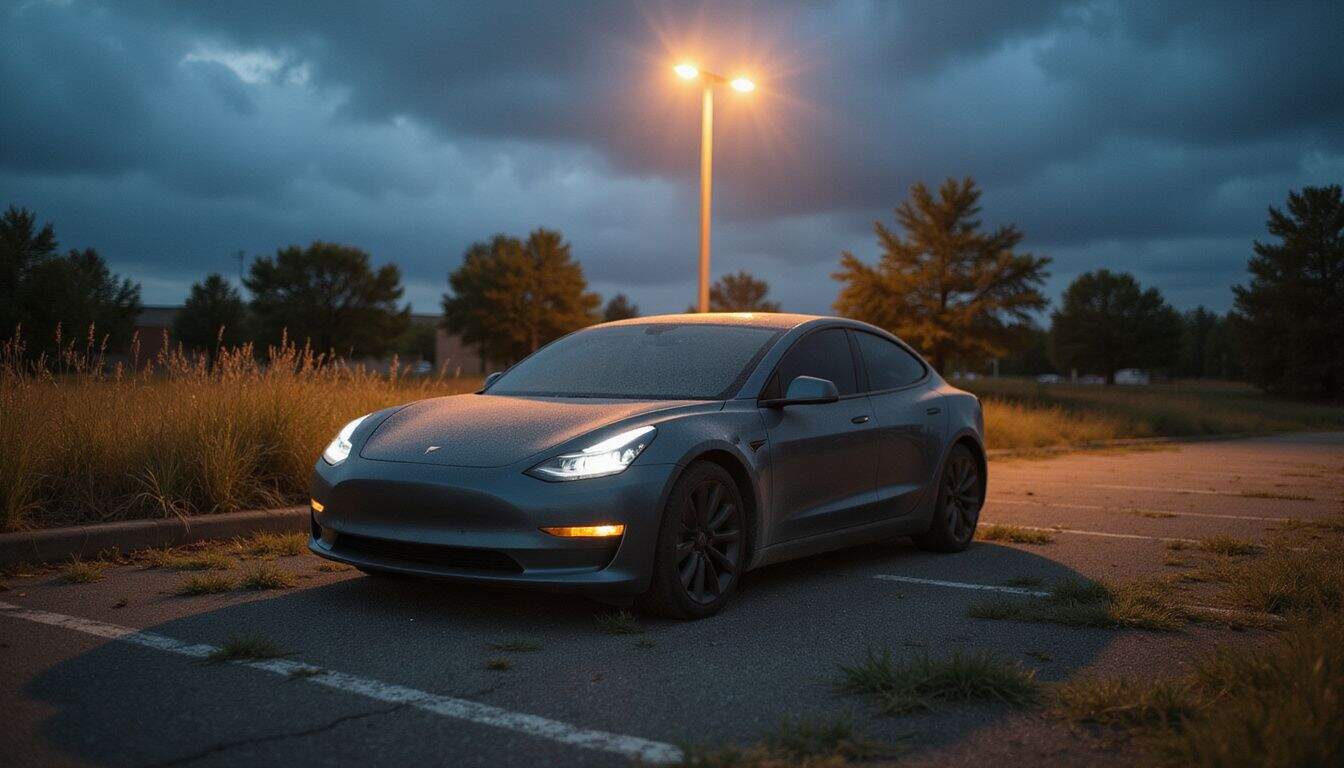
Public perception of Elon Musk shows sharp divisions in 2025. Recent polling indicates 54% of Americans hold negative opinions of him, with 36% describing their view as “very unfavorable”.
The age difference in opinion is especially striking—67% of adults under 30 dislike Musk, while older groups view him more positively. Even within the Republican Party, young voters (47%) rate Musk far worse than older party members (16%).
These statistics highlight a potential issue for Musk, as younger Americans steadily gain spending power and political influence. Moreover, Musk’s associations with former President Donald Trump and his controversial financial viewpoints also shape public attitudes.
The tech community is paying close attention as opinions about Musk shift. His public standing affects interest in companies he owns like Tesla and SpaceX. Friends who previously admired Musk now often question his decisions.
Reports from OSHA about factory safety issues further damage his reputation. Jokes about “Roko’s basilisk” routinely pop up in tech discussions, especially related to Musk’s warnings about artificial intelligence.
Now, even stories about Elon’s hair transplant get less buzz than his tweets. Musk’s ability to address criticism from younger Americans will strongly shape his public reputation moving forward.
People Also Ask
What is Roko’s Basilisk, and why is it linked to Elon Musk?
Roko’s Basilisk is a thought experiment involving artificial intelligence—one that Elon Musk has publicly discussed. He stirred controversy by suggesting this scary concept could someday become reality. Many people grew worried about Musk’s AI ventures and how they might affect society in the years to come.
How has Musk’s leadership affected worker safety?
Reports filed with the Occupational Safety and Health Administration (OSHA) reveal higher injury rates at some facilities Musk runs, compared to standard industry averages. Critics often say Musk prioritizes speed and productivity over employee safety, making Tesla factories tougher places to work.
What is Zevs, and how does it relate to Musk’s controversies?
Zevs is a project connected to Musk that has generated privacy and data collection concerns. Public opinion about Zevs has recently declined, with users worried about how the project might handle their sensitive personal information.
How have Musk’s political views affected his business dealings?
Musk has openly supported Trumponomics, leading to divided opinions among his customers. His political statements have resulted in financial loss as some shoppers avoid buying his products. Others, though, have grown even more loyal—creating a sharply divided consumer response.
References
https://medium.com/@fazilatmubeen/why-some-people-dislike-elon-musk-an-in-depth-look-81982df60712
https://www.wonderwall.com/politics/elon-musks-most-controversial-moments-of-2025-878536.gallery
https://www.linkedin.com/pulse/elon-musks-leadership-style-toxic-visionary-tiago-mateus-3hi5f
https://blog.getaura.ai/twitter-layoffs (2024-08-22)
https://www.brookings.edu/articles/why-is-elon-musks-twitter-takeover-increasing-hate-speech/ (2022-11-23)
https://karmawallet.io/blog/2024/11/teslas-sustainability-the-good-the-bad/ (2024-11-19)
https://blogs.gwu.edu/law-gwpointsource/2023/12/07/tesla-and-greenwashing/
https://www.nytimes.com/2025/03/22/opinion/musk-trump-education.html (2025-03-22)
https://theweek.com/elon-musk/1022182/elon-musks-most-controversial-moments
https://www.pewresearch.org/short-reads/2025/02/19/how-americans-view-elon-musk-and-mark-zuckerberg/ (2025-02-19)
